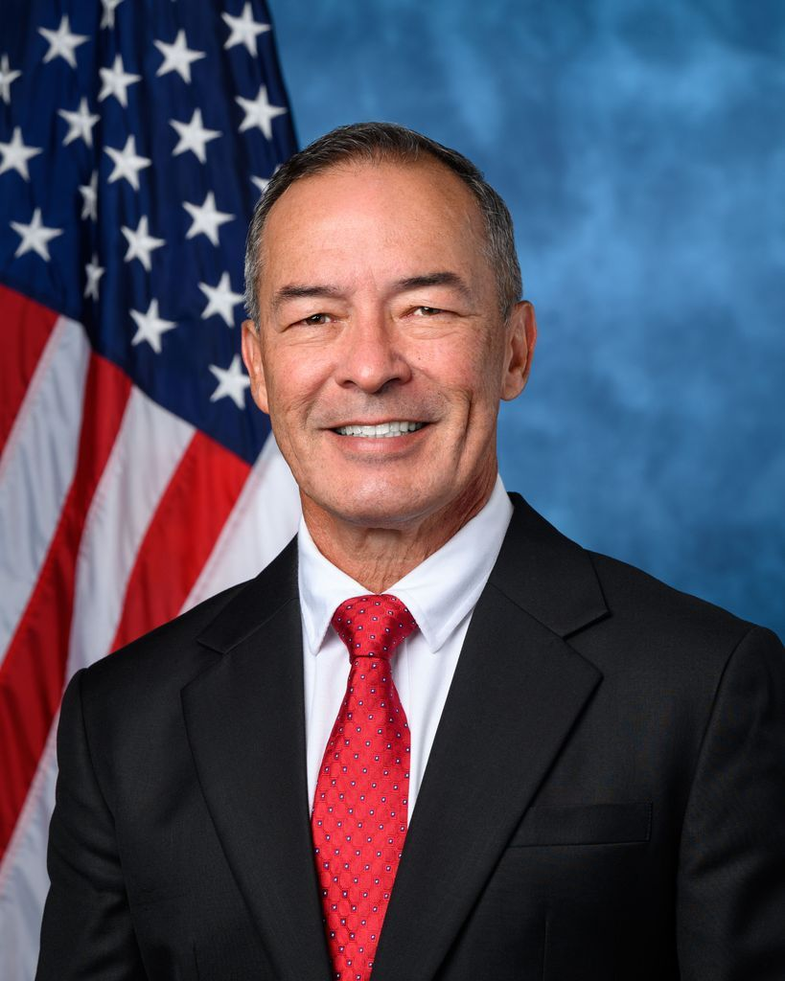H.R. 3252: Disaster Housing Flexibility Act of 2025
This bill, known as the Disaster Housing Flexibility Act of 2025
, proposes changes to the way temporary housing assistance is provided during major disasters. It specifically aims to create an alternative block grant program under the Robert T. Stafford Disaster Relief and Emergency Assistance Act. Here’s a breakdown of the key components of the bill:
Establishment of the Program
The bill requires the President, through the Federal Emergency Management Agency (FEMA), to set up an alternative block grant program. This program would allocate funds to assist individuals and households with temporary housing following a major disaster that the President has declared.
Assessment of Costs
- Cost Assessment: Upon a disaster declaration, FEMA must evaluate the costs of providing temporary housing assistance in affected states. This evaluation will also account for reasonable administrative costs that the state incurs to manage the distribution of the block grant.
- State Consultation: FEMA must consult with each affected state during the cost assessment to ensure that the funds requested reflect a realistic estimate of the required assistance.
Program Requirements
- State Participation: States can choose to apply for a block grant instead of individuals and households applying for assistance under the existing temporary housing assistance program.
- Adjustments to Funding: States have the option to request a revision to the block grant amount if they find that the initial allocation does not meet their needs.
Application Process
To qualify for the block grant, a state must submit an application that meets the criteria established by the President.
Restrictions on Dual Assistance
Individuals or households in areas affected by a disaster who receive a block grant will not be eligible for temporary housing assistance through the traditional program.
Use of Remaining Funds
Any funds from the block grant that are not used for their initial purpose can be redirected towards preparedness or mitigation efforts in the respective state.
Reporting Requirements
- State Reports: States that receive grants must submit an initial plan within 120 days of receiving the funds, detailing anticipated uses. They must also provide annual reports assessing the impact of the funds until they are fully expended.
- Report to Congress: FEMA must provide a report to Congress yearly, detailing the program’s implementation, participating states, challenges faced, and evaluation of the effectiveness of the funding.
Definition of Temporary Housing Assistance
The bill defines "temporary housing assistance" as the assistance offered to individuals and households under the guidelines set in section 408(c) of the original Stafford Act.
Relevant Companies
None found
This is an AI-generated summary of the bill text. There may be mistakes.
Sponsors
3 bill sponsors
Actions
3 actions
| Date | Action |
|---|---|
| May. 07, 2025 | Introduced in House |
| May. 07, 2025 | Referred to the House Committee on Transportation and Infrastructure. |
| May. 07, 2025 | Referred to the Subcommittee on Economic Development, Public Buildings, and Emergency Management. |
Corporate Lobbying
0 companies lobbying
None found.
* Note that there can be significant delays in lobbying disclosures, and our data may be incomplete.
Potentially Relevant Congressional Stock Trades
No relevant congressional stock trades found.


